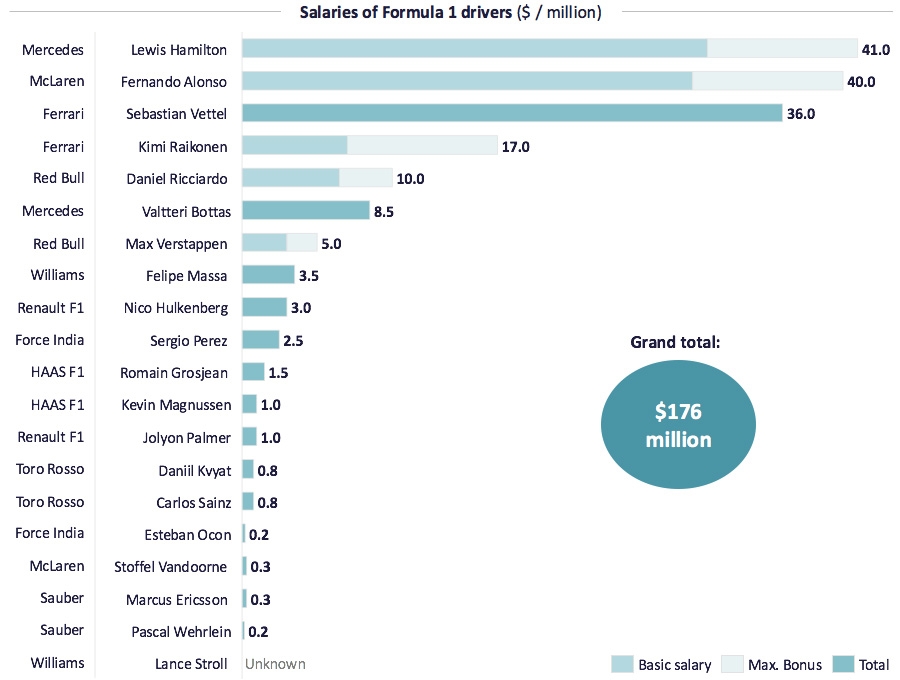Okay, so I wanted to figure out how much those guys working on F1 cars actually make. You know, the mechanics who are always in the pit, changing tires and fixing stuff during the races. It’s a pretty cool job, but I was curious about the pay.
Started with Some Basic Searching
First, I fired up my browser and started looking around. I tried a bunch of different search engines, trying to find some solid info. I searched for “F1 mechanic salary,” “how much do F1 mechanics earn,” and a few other similar things. You know, just casting a wide net to see what I could catch. It’s always the most effective way to begin with.

Digging Through the Results
I found a bunch of stuff, some of it useful, some not so much. There were a few articles and forum posts, but nothing too concrete. It’s always a pain when you can’t find exactly what you’re looking for right away. I also found some information about Network Engineer and Firefox, which is interesting, but not really what I was after at that moment. It’s easy to get sidetracked when you’re digging around on the internet. Then I learned something about Volkswagen and its VR6 engine. I mean, who knew they’ve been making it since the 90s? But again, not quite what I needed for my F1 research. And there was this bit about economic loss under 2B1.1(b)(1). Totally went over my head, but it sounded important, maybe for someone who is into the law stuff.
Narrowing it Down
After a while, I started to get a better sense of what to look for. I focused on websites and sources that seemed more legit, like official F1 pages or well-known sports sites. It’s important to filter out the junk when you’re doing research. I even found something about Newton’s Laws. It’s amazing how everything is connected, right? There was something about acceptable methods and techniques, document number 43.13-2B. Sounded official, but I couldn’t quite make sense of it. And then some weird codes like hc-b3( )f-2( ), hc-b3wf-4. Looked like some technical jargon, so I just skimmed over it.
Finding Some Real Numbers
Finally, I stumbled upon a few articles that gave some actual salary ranges. It wasn’t super detailed, but it gave me a ballpark figure. Apparently, the pay can vary a lot depending on the team, the mechanic’s experience, and their specific role. It makes sense, you know, like any other job. It is very reasonable. Also, I brushed up on my understanding of mechanical engineering. It’s a lot more than just fixing cars. You need to know about dynamics, thermodynamics, and a whole bunch of other stuff. And there was a bit about neck dissection, which was a bit too graphic for me, but I guess it’s relevant if you’re into the medical side of things.
Putting it All Together
- Entry-Level: Some of the newer guys might start around $40,000 to $50,000 a year.
- Mid-Level: More experienced mechanics could be making $70,000 to $100,000.
- Top-Level: The really senior folks, especially on top teams, might be pulling in over $150,000.
So, it’s not a bad gig, especially if you’re into racing and don’t mind the crazy travel schedule. Of course, these are just rough estimates, and the actual numbers could be higher or lower. It’s a starting point, though, and it gives me a much better idea of what those F1 mechanics are earning.
Anyway, that’s what I found out. It was a fun little research project, and now I have a newfound respect for those guys in the pit lane. It’s a tough job, but it seems like it can be pretty rewarding, too.












